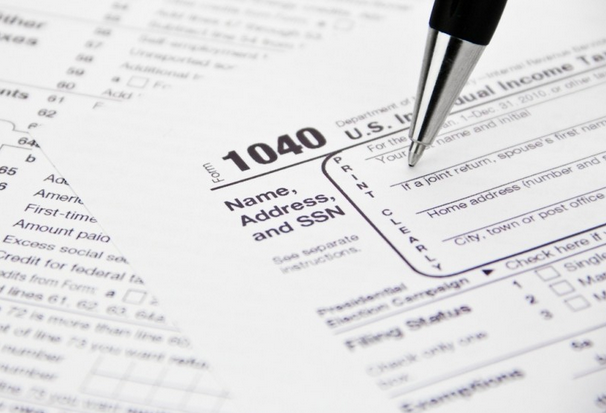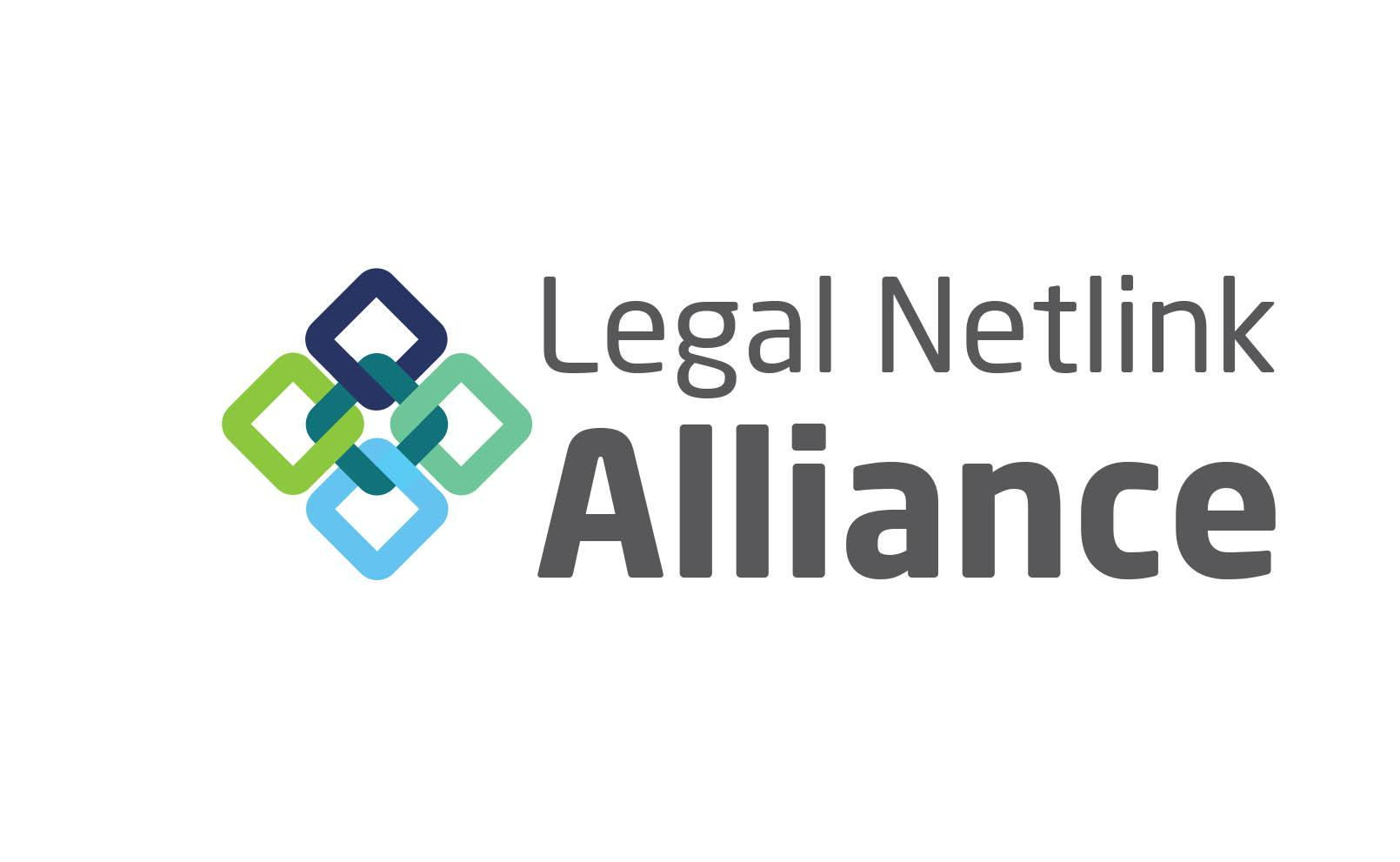Back in 2012, we had a lot of clients asking us if they should move their business over to Kansas because of the favorable tax laws with flow-through entities – we even contemplated this move ourselves. At the time, it looked like a great move for some business owners who lived in Kansas; however, in retrospect, it may not have saved as much tax as it originally seemed. Kansas originally faced a huge deficit this year in large part because of the 2012 income tax cuts. On June 12, 2015, after a record 113 day legislative session, Kansas lawmakers adjourned the session, after passing a tax package that is being called “the largest tax increase in state history.” 
Photo Credit: kenteegardin / Foter / CC BY-SA
So what does this bill include? Sales tax will increase to 6.5 percent starting July 1, 2015, a change of more than one-third of a cent. The bill also eliminates most itemized deductions and reduces deductions for charitable contributions, home mortgage interest and property tax payments to 50 percent. Cigarette taxes will increase by 50 cents per pack starting on July 1, 2016, and a new tax will be levied on e-cigarettes of 20 cents per milliliter. This bill has even hit business owners. Under the new Kansas tax law, guaranteed payments to certain business owners will be subject to income tax. Guaranteed payments are payments that are guaranteed to be made to a partner irrespective of whether the partnership makes a profit or not. However, the bill is not all bad; it provides a tax amnesty period from September 1 to October 15, allowing the state to waive interest and penalties for people who pay up their delinquent tax accounts. The bill also includes provisions aimed at softening the blow of the higher sales tax, such as exempting over 350,000 low-income individuals and families from income tax and a property tax lid on cities and counties. Beginning in 2018, cities and counties would generally need to have a public vote before they could increase property tax revenues by more than the rate of inflation. Beginning in 2017, individuals with incomes below $5,000 a year and couples with incomes below $12,500 a year will be exempt from income taxes.

